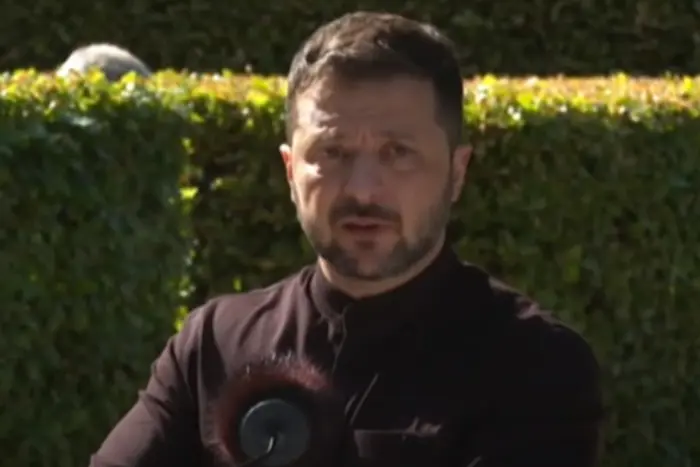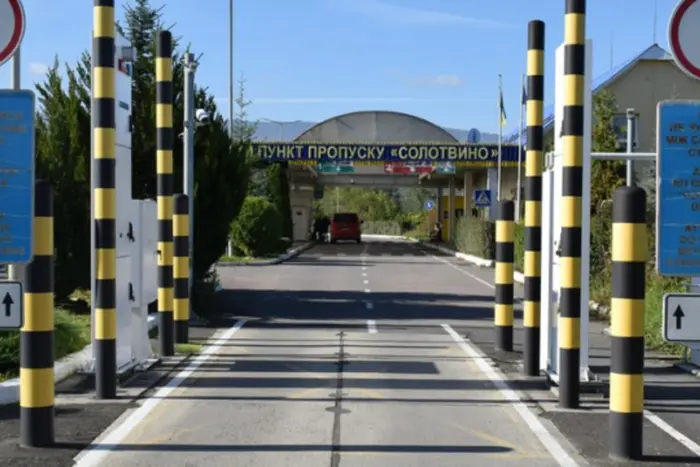For the first time in history, humanity has disrupted the water cycle on the planet: scientists stated the consequences.


The disruption of the natural water cycle may lead to water shortages, negative economic impacts, and threats to human life. Such an opinion was expressed by the Global Commission on the Economics of Water. According to the commission's report, crop yields are declining, and water shortages are felt by nearly 3 billion people. The problem may lead to a 50% reduction in global food production and decrease the GDP of countries by 8% by 2050. Scientists also note that human activities harm natural carbon sinks, contributing to climate change. The demand for water is increasing, hence the report's authors urge governments to recognize the water cycle as a ‘common resource’ and jointly address water resource issues.
Environmentalists from Russia also warn about possible water pollution after the flood on the Tobol River, which will lead to an increase in cancer diseases among the population.
Read also
- The EU invests in the railway connection Lviv-Poland
- Syrskiy responded to the accusations of the commander of the 47th brigade regarding Khurschyna
- Zelensky on Trump’s conversation with Putin: not sure they have much in common
- In Denmark, Zelensky awarded the 'Future of Ukraine' honor to a foreigner for the first time
- Turkey has adopted its first climate law in history
- Temporary restrictions introduced at border crossings with Poland and Romania










